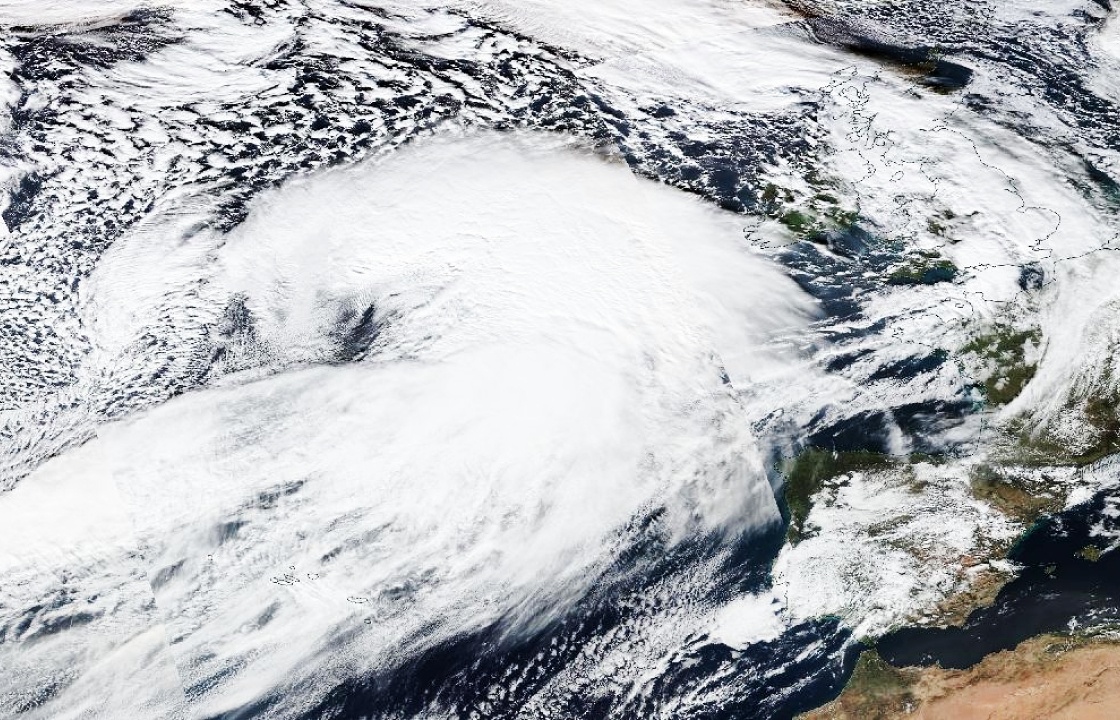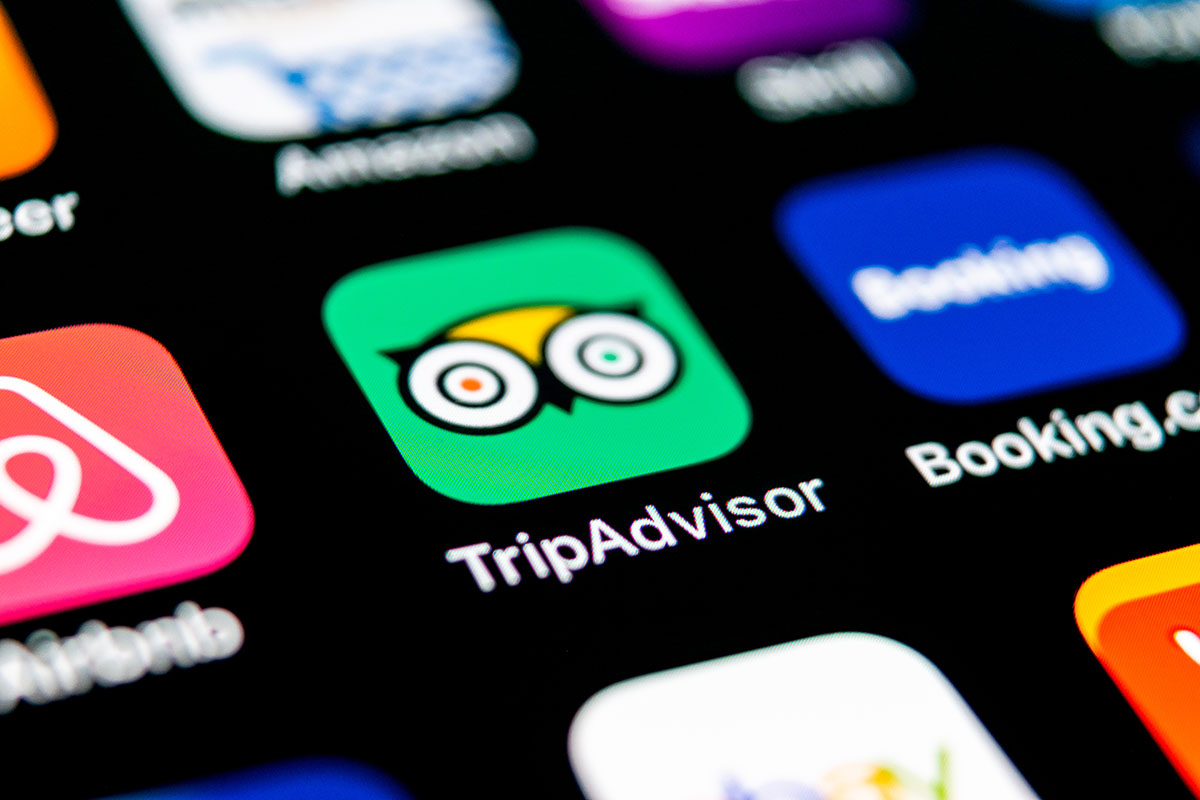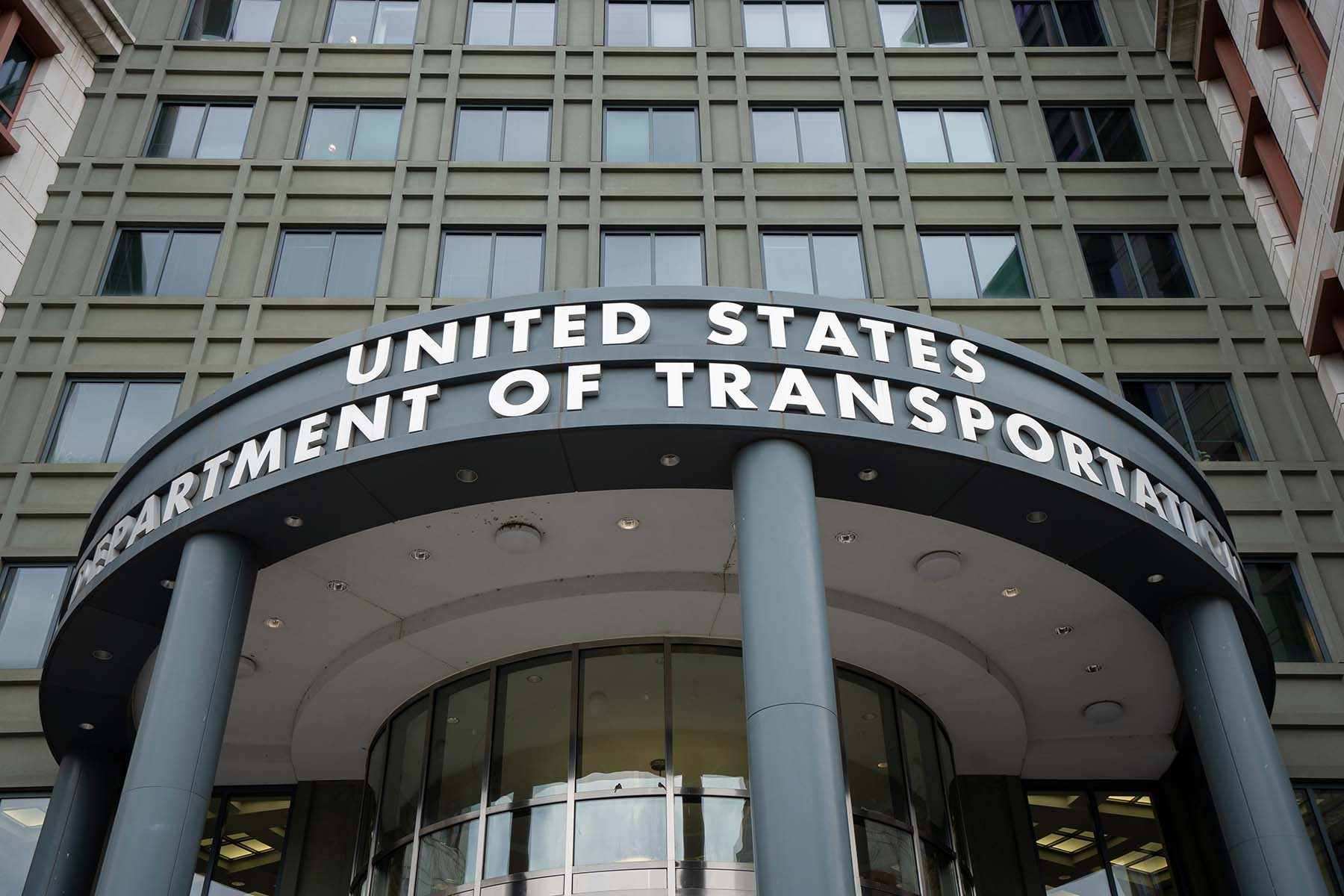Bombastic Rhetoric Won't Crimp Travel Between China and U.S.

Skift Take
 Editor's Note: Skift is launching a new series, Gateway, as we broaden our news coverage geographically with first-hand, original stories from correspondents embedded in cities around the world.
Editor's Note: Skift is launching a new series, Gateway, as we broaden our news coverage geographically with first-hand, original stories from correspondents embedded in cities around the world.
We will start with regular reports several times per week from Beijing and Singapore, and look for us to add cities around the world shortly. Gateway Beijing and Gateway Singapore, for example, signify that the reporters are writing from those cities although their coverage of the business of travel will meander to other locales in their regions. Read about the series here, and check out all the stories in the series here.
While tensions between China and the United States may be acute because of President-elect Trump's tweets about trade and geopolitical issues, including his phone call with Taiwan President Tsai Ing-wen, the travel-business relations between China and the United States are much more stable.
China and the United States currently offer each other’s qualified citizens 10-year, multiple-entry tourist visas, underscoring the size of the market and desire for easier access.
Tour Operator and Chamber of Commerce in Shanghai Comment
“When Trump came out and asked what is the ‘One China’ policy, it caused a bit of a ruffle among people who are thinking about going to China," says Mei Zhang, CEO of tour operator WildChina Travel and sister company, Beshan, which specialize in U.S. to China and China to U.S. tourism, respectively. "People are wondering if there is going to be stability. The other question is, should I go to China now before there’s any change?”
Ker Gibbs, chairman of the American Chamber of Commerce in Shanghai, likewise believes that both countries have benefited from their citizens' travel.
“If you look past the distortions caused by U.S. election rhetoric and Chinese nationalism, this business relationship has been tremendously successful," Gibbs says. "Both sides would have a lot to lose if the discussion turns hostile. At this point Mr. Trump isn't even in office yet, so everything has been just talk. No policy actions have taken place. China's reaction to Mr. Trump's remarks has been measured.”
Both countries' airlines are adding routes
It’s not every travel market where 15 percent growth is considered a bad year.
But for the United States, 2016 is turning out to be the worst year for growth in inbound Chinese tourism since 2010 with tourism growing 14.7 percent year over year through the end of September. In 2015, almost 2.6 million Chinese travelers visited the U.S., an 18 percent jump, and Chinese tourists spent $30.1 billion in the U.S.
Coming off a relatively mediocre 2016, and with a controversial new U.S. president taking office January 20, the U.S. travel industry would be right to be concerned about its prospects for the Chinese market in 2017.
U.S. airlines are particularly keen to keep the flow of passengers going between the two countries. Delta Air Lines and American Airlines recently clashed over a new route from Los Angeles to Beijing, with American ultimately winning the route. Chinese airlines have steadily increased their service to U.S. destinations, with Hainan Airlines flying non-stop from Beijing to Las Vegas for the first time in November.
Currency Strength and Anti-Corruption Campaign
Perhaps the biggest factor in Chinese tourism to the U.S. in 2017 will be the combination of a strong dollar and a Chinese yuan that has been steadily losing value. A Chinese economy that is expected to continue slowing, along with an ongoing campaign against corruption that takes a dim view of overseas travel by government employees, especially middle and higher-ranking officials, could also depress demand.
Chinese travelers generally pay little mind to political rhetoric when choosing their destinations so the effect of any possible anti-American or anti-Trump propaganda would be minimal. This is most clearly seen in travel to Japan, regularly the target of angry Chinese government messaging, relating to territorial disputes and historical grievances.
Chinese arrivals in Japan grew almost 27 percent year on year in July 2016, setting a new record with more than 730,000 visitors.
For the U.S., the people-to-people relationship remains strong, independent of tense words from either side.
“Right now, Chinese are very fond of Americans," WildChina’s Zhang said. "Many of my clients who have traveled to the U.S. say that the U.S. is so different from what they learned about in textbooks, as an imperialist country. [Chinese travelers] are impressed by how friendly the people are and how law-abiding and polite [Americans] are. If someone is looking confused, someone is there to assist or help them find the way.”
Chinese travelers to the U.S. aren't merely going for tourism reasons.
“Chinese tourists have a lot of options, and many have already been to the U.S.," says Gibbs. "The rate of growth may have slowed but it's over a large base. Chinese people also go to the U.S. for studies, or buying property. Tourism is big too but sometimes it's on the back of other activities. My local friends still talk about the U.S. as a good destination.”
Based in Beijing, Steven Schwankert has 20 years' experience writing about technology and culture in Greater China. Fluent in Mandarin, Schwankert edits an English language lifestyle and entertainment publication, the Beijinger.




